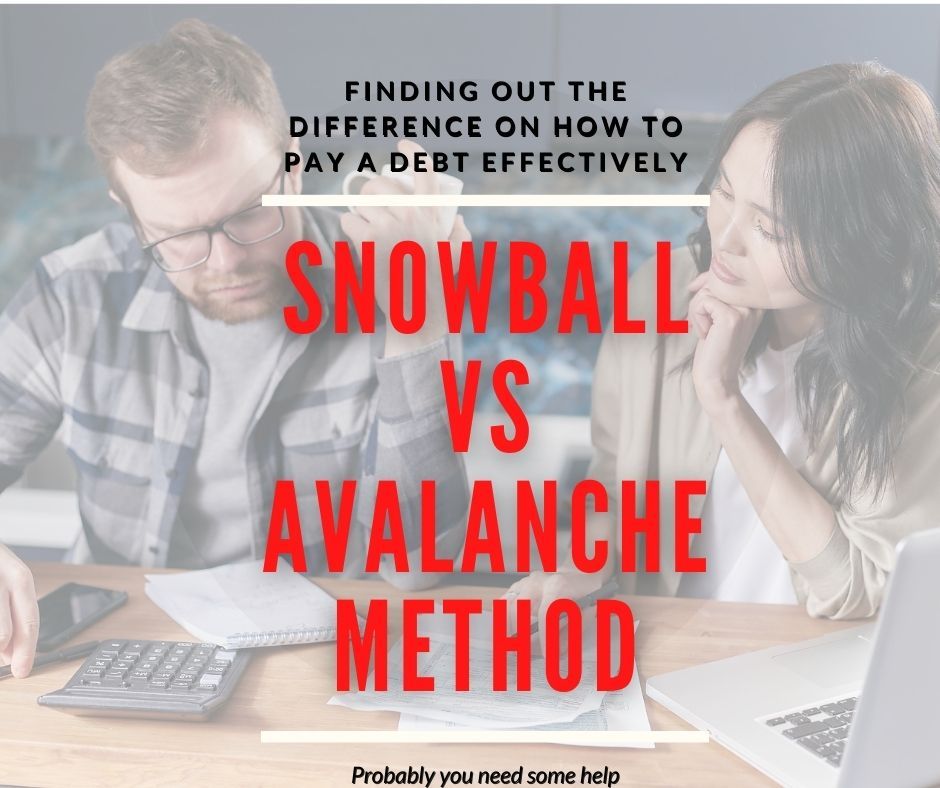Understanding Non-Profit Debt Consolidation
Non-profit debt consolidation is a service provided by non-profit organizations to help individuals manage their debt more effectively. Instead of dealing directly with creditors and multiple debts, individuals can consolidate their debts into a single payment through the non-profit organization. This process not only simplifies debt management but can also reduce interest rates and lower monthly payments.
The Role of Non-Profit Organizations
Non-profit organizations assisting with debt consolidation operate with a primary goal to help individuals achieve financial stability. Unlike for-profit debt consolidation companies, non-profit organizations do not aim to make a profit from their clients. Their services often include financial education, budgeting advice, and debt management plans (DMPs) tailored to the needs of their clients.
The Process of Non-Profit Debt Consolidation
Initial Consultation
The first step in any non-profit debt consolidation program is an initial consultation. During this session, a credit counselor will review your financial situation, including your income, expenses, and outstanding debts. The objective is to understand your specific needs and determine the best approach to manage your debt.
Creating a Debt Management Plan (DMP)
Based on the initial consultation, the credit counselor will develop a customized Debt Management Plan (DMP). This plan outlines how your debts will be consolidated and the repayment terms. The DMP typically includes negotiated interest rates, fees, and monthly payment amounts with creditors.
Negotiating with Creditors
One of the crucial roles of non-profit organizations is to negotiate with your creditors on your behalf. The aim is to secure lower interest rates, waive late fees, and agree on a manageable repayment schedule. Creditors are often willing to cooperate because they prefer receiving a steady payment through the DMP rather than dealing with potential defaults.
Making Payments
Once the DMP is in place, you will make a single monthly payment to the non-profit organization. They will then distribute this payment to your creditors according to the agreed terms. This simplifies the process for you, as you only need to focus on making one payment each month.
Benefits of Non-Profit Debt Consolidation
Reduced Interest Rates
One of the significant advantages of non-profit debt consolidation is the reduction in interest rates. By negotiating with creditors, non-profit organizations can secure lower interest rates for their clients, reducing the overall cost of debt repayment.
Simplified Debt Management
Consolidating multiple debts into a single payment streamlines the debt management process. Instead of keeping track of various due dates and amounts, individuals can focus on a single monthly payment, making it easier to stay organized and avoid missed payments.
Financial Education
Non-profit debt consolidation programs often include educational resources and counseling services. Clients learn valuable financial management skills, such as budgeting, saving, and responsible borrowing, which can help them achieve long-term financial stability.
Support and Guidance
Clients of non-profit organizations benefit from ongoing support and guidance. Credit counselors offer regular check-ins, adjustments to the DMP as needed, and continuous education, ensuring that individuals stay on track with their financial goals.
Eligibility and Considerations
While non-profit debt consolidation can be beneficial, it may not be suitable for everyone. It is essential to consider your financial situation and goals before enrolling in such a program.
Eligibility Criteria
To qualify for non-profit debt consolidation, individuals generally need to have a steady source of income, a commitment to making regular monthly payments, and a minimum amount of unsecured debt. Each organization may have its specific criteria, so it is crucial to inquire with the non-profit you are considering.
Long-Term Commitment
Debt consolidation is not a quick fix. It requires a long-term commitment to making consistent payments over an extended period, typically three to five years. It is essential to be prepared for this commitment and to follow the DMP diligently.
Impact on Credit Score
Participating in a non-profit debt consolidation program can impact your credit score. While it can have a positive effect in the long run by helping you manage debt more effectively, there may be a short-term dip in your credit score when you initially enroll. Over time, as you make consistent payments, your credit score should improve.
Choosing a Non-Profit Debt Consolidation Organization
Research and Reparation
Conduct thorough research to find reputable non-profit debt consolidation organizations. Look for organizations accredited by the National Foundation for Credit Counseling (NFCC) or the Financial Counseling Association of America (FCAA). These accreditations ensure the organization adheres to industry standards and ethical practices.
Read Reviews and Testimonials
Reading reviews and testimonials from past clients can provide insight into the quality of service and client satisfaction. Look for organizations with positive feedback and a track record of successfully helping individuals manage their debt.
Ask Questions
Before enrolling in any program, ask detailed questions about the services provided, fees charged (if any), and the specifics of the DMP. Ensure you fully understand the terms and conditions and are comfortable with the organization’s approach.
Tips for Successful Debt Consolidation
Create a Budget
A well-structured budget is crucial for successful debt consolidation. Track your income and expenses meticulously, identifying areas where you can cut back and allocate more towards debt repayment.
Avoid Accumulating New Debt
While in a debt consolidation program, it is vital to avoid accumulating new debt. Cease using credit cards and refrain from taking out new loans during the repayment period to prevent undermining your progress.
Stay Committed
Consistency is key to the success of a debt consolidation plan. Ensure that you make your payments on time each month and adhere to the DMP outlined by the non-profit organization.
Seek Support
Take advantage of the resources and support offered by the non-profit organization. Attend counseling sessions, participate in financial education programs, and seek guidance from your credit counselor when needed.
Conclusion
Non-profit debt consolidation is a valuable tool for individuals seeking to regain control of their finances. By consolidating debts into a single, manageable payment and benefiting from reduced interest rates, non-profit debt consolidation can pave the way toward financial stability. With a commitment to the process, the right organization, and the incorporation of sound financial practices, you can successfully navigate the path




